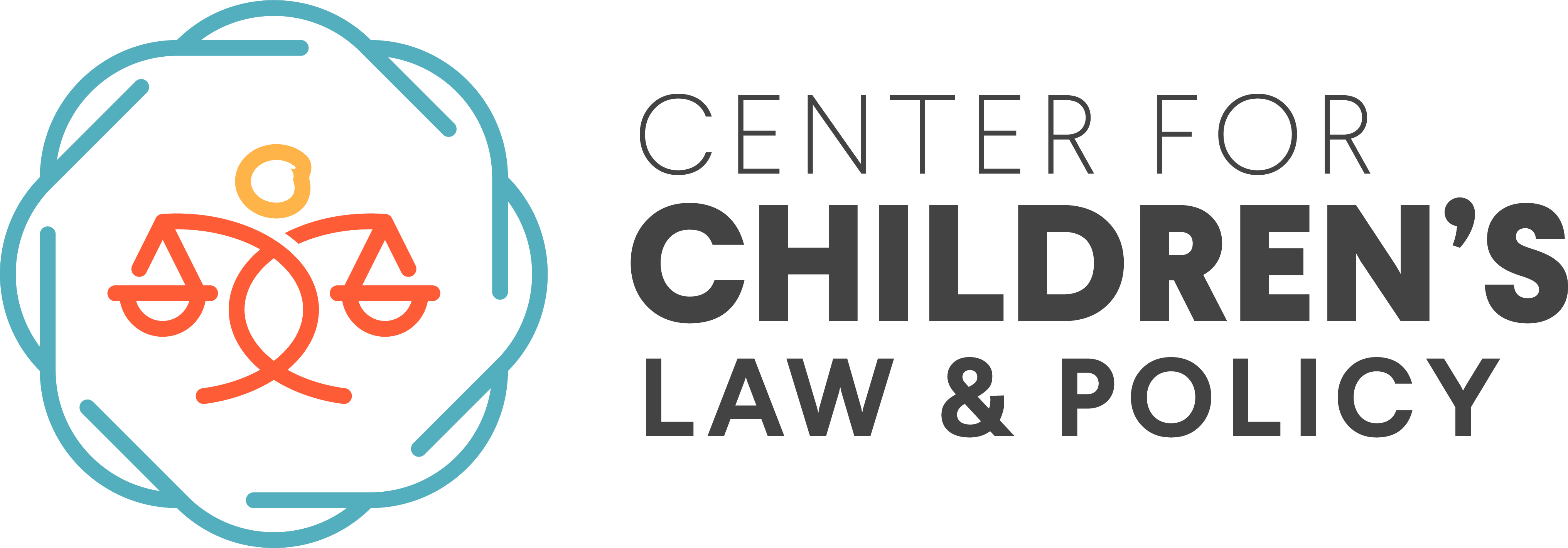
A significant portion of youth incarceration in the juvenile justice system results from violations of probation or other court orders. Much of this incarceration is not necessary to protect the safety of the community. Instead, many courts and probation departments respond to “technical” violations of probation – such as missing appointments with probation officers, skipping school, or breaking curfew – by relying on detention and out-of-home placement as a means of holding youth accountable for their actions.
A strong system of “graduated responses” – combining sanctions for violations and incentives for continued progress – can significantly reduce unnecessary incarceration, reduce racial and ethnic disparities, and improve successful probation completion rates and other outcomes for youth under supervision. The Center for Children’s Law and Policy has prepared a new Toolkit designed to help jurisdictions create an effective graduated response system or improve an existing system. The publication collects best practices from jurisdictions around the country that have successfully reduced incarceration for technical violations of probation.
The Toolkit contains:
- An overview of graduated responses, including the research supporting their use;
- A step-by-step roadmap for creating or enhancing a graduated response system;
- Guidance on gathering and using data;
- Staff training materials and hands-on scenarios;
- Guidance on integrating graduated responses into case plans;
- Tools to engage stakeholders; and
- Contacts from the field.
Click here to download the Graduated Responses Toolkit.
For questions or more information about the Toolkit or its contents, please contact Jason Szanyi at jszanyi@cclp.org or 202-637-0377, extension 108.
